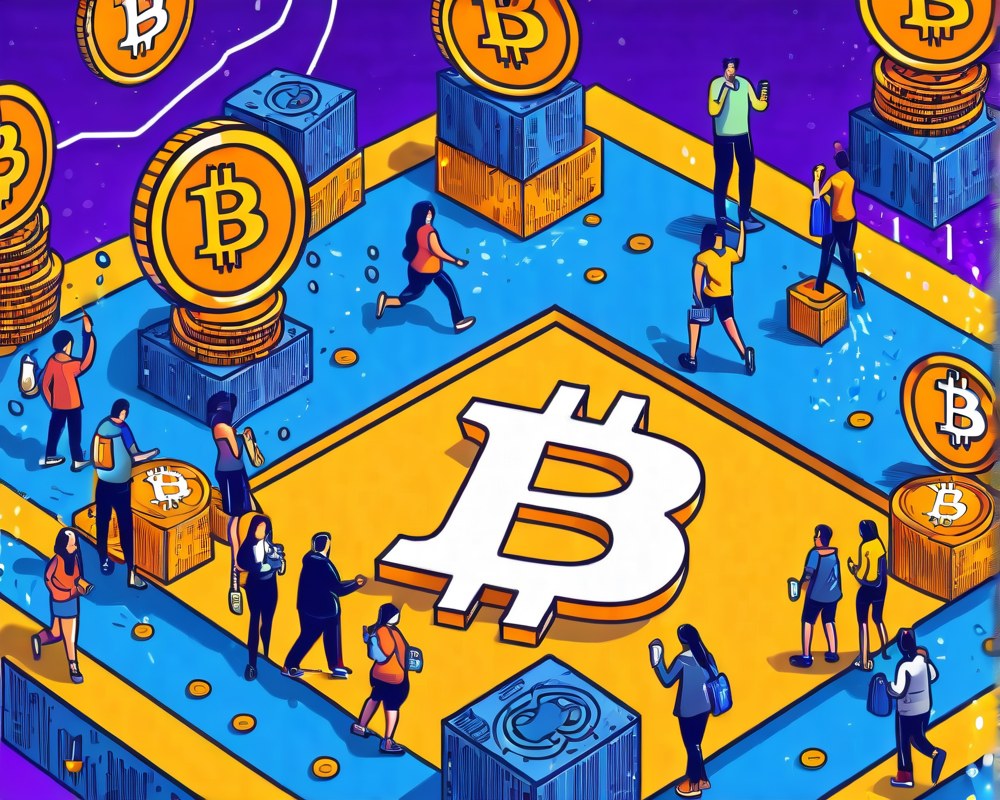The De-Dollarization Dilemma
In a world where currencies are like trendy clothing—constantly changing with the times—the U.S. dollar is starting to worry it might not be the most fashionable choice anymore. This sentiment was echoed by Jeremy Allaire, CEO of Circle, at the Consensus 2023 conference, who warned of a “very active de-dollarization” unfolding globally.
The Banking Crisis and Its Impacts
Allaire’s remarks come on the heels of significant events in the U.S. banking sector, which have raised eyebrows and questions around the stability of the dollar itself. Alternatives to the dollar are becoming increasingly appealing as users seek innovative payment systems not tethered to U.S. financial risks.
The Call for Action
Allaire made it clear that for the USD to maintain its competitive edge in today’s digital landscape, the U.S. government has some homework to do. He urged Congress and the Federal Reserve to prioritize stablecoin legislation and integrate a digital version of the dollar into core financial systems. After all, it’s not just about being trendy; it’s about survival!
Global Demand for Digital Currencies
As we venture into this new age of financial technology, the demand for stablecoins like USDC is climbing globally. In emerging markets, for example, people are finding it more appealing to hold a digital dollar than to rely on their local banking systems. “Imagine doing an electronic magic trick, and the dollar vanishes—poof!—only to be found again on the internet,” Allaire quips.
The Competitive Edge We Need
To keep the dollar safe, competitive, and relevant, Allaire has two key recommendations. Firstly, we need to harness the internet’s power by making the dollar a native data type, widely usable and integrated. Secondly, he emphasizes the importance of removing the risks associated with traditional banking on digital currencies. After all, who wants to bring a bank into a party that doesn’t know how to dance?
A Missed Opportunity?
As Allaire cautioned, failing to act could lead to dramatic shifts in the currency landscape that could leave the U.S. on the sidelines, waving goodbye like a spectator at sports game. The rise of the Chinese yuan, now surpassing the dollar in cross-border transactions for the first time in history, only adds urgency to the call for legislative action.
In summary, the game of global currencies may be evolving faster than we can blink. The U.S. must adapt, legislate, and digitize to stay ahead in this fierce competition—because at the end of the day, nobody likes being the last to join the party.




